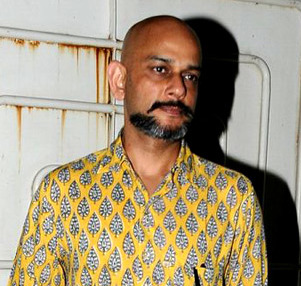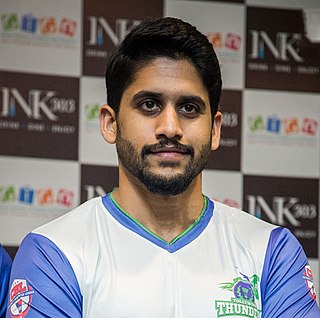A Quote by Vijay Krishna Acharya
You can't compromise to keep the film in budget.
Quote Topics
Related Quotes
I do like working on independent films where it is a smaller budget and less pressure. The pace is also quicker than that of a big budget film. You are shooting at a fairly fast pace. Sitting around for three or four days can be quite draining. So I guess in terms of film or television, I would say filming an independent feature.





































